I know that many of you have already purchased my newest eBook from Amazon, but if you don’t have Kindle (or the Kindle app for a different device), I am happy to announce that The Re-Justification of God is now available on the following platforms:
- Google Play
- Apple iTunes
- Barnes & Noble
- Amazon
So if you haven’t bought The Re-Justification of God already, but want to get it for your Apple or Android device (or whatever else you have) feel free to get it from one of the platforms above.
And hey, if you have already bought and read the book, would you mind leaving a review of it on Amazon? (#AmazonAdLink) Go here to leave a review. Even 2-3 sentences would work. Thanks!


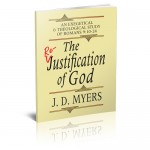



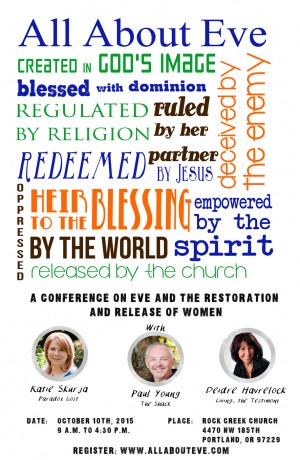
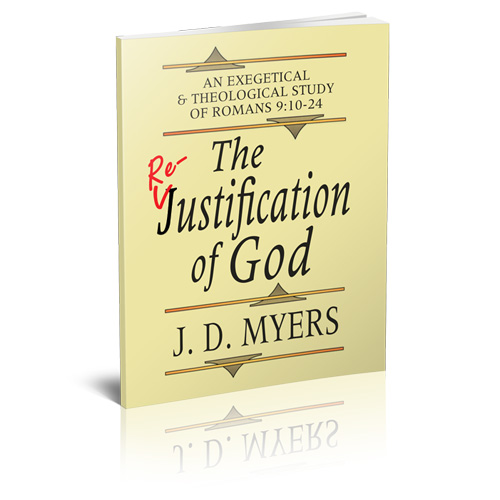
 It is probably the ugliest book cover I have ever designed, but if you compare it with the cover from John Piper’s book on the right, you’ll see why I created the cover as I did.
It is probably the ugliest book cover I have ever designed, but if you compare it with the cover from John Piper’s book on the right, you’ll see why I created the cover as I did.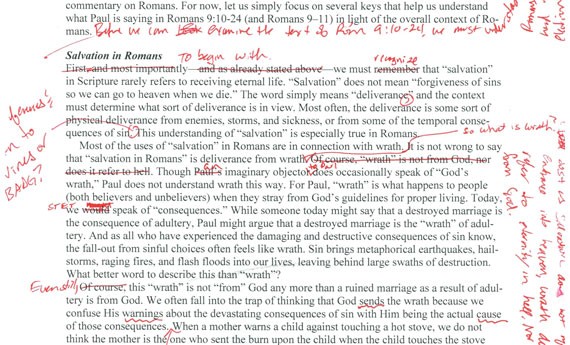
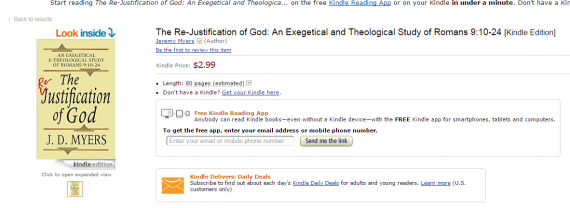

 When seeking to understand the biblical definition of forgiveness, it must first be understood that there are
When seeking to understand the biblical definition of forgiveness, it must first be understood that there are 

 Lots of people have some some of secret sin in their past (or in their present life) which they think is so bad, God could never forgive them.
Lots of people have some some of secret sin in their past (or in their present life) which they think is so bad, God could never forgive them.
 First of all, we need to understand that we are forgiven, freely, by God’s grace, of all our sins, no matter what. You have the charizomai of God whether you confess your sins or not. You have charizomai for your sins whether you are Christian or not.
First of all, we need to understand that we are forgiven, freely, by God’s grace, of all our sins, no matter what. You have the charizomai of God whether you confess your sins or not. You have charizomai for your sins whether you are Christian or not.